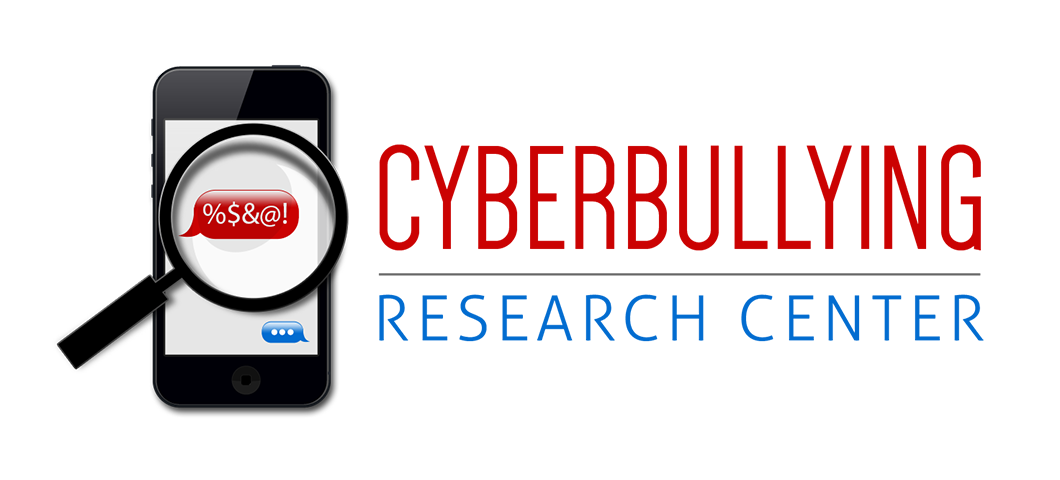
Sameer and I wrote a paper that was recently published in the Journal of Youth and Adolescence that examines the influence of peers, parents, and educators on the cyberbullying behaviors of middle and high school students. It has long been known that adolescent behaviors (both positive and negative) are largely influenced by significant others. Our paper basically re-affirms that finding as it relates to cyberbullying.
Specifically, we found that “…students who reported that many of their friends had bullied others (at school, using a computer, and using a cell phone) were significantly more likely to have also reported that they too had cyberbullied others.” At the same time, we also found that those “who reported that a sanction was likely from their parents or school were significantly less likely to report involvement.” The importance of peers was particularly prominent. Students who reported that “most” or “all” of their friends had bullied others in the previous 6 months were nearly 17 times more likely themselves to bully others, compared to those who said that none or only a few of their friends were bullies. But it is also noteworthy that students who felt that a sanction was likely from parents or teachers were significantly less likely to report that they had cyberbullied others.
Here is the abstract:
Cyberbullying is a problem affecting a meaningful proportion of youth as they embrace online communication and interaction. Research has identified a number of real-world negative ramifications for both the targets and those who bully. During adolescence, many behavioral choices are influenced and conditioned by the role of major socializing agents, including friends, family, and adults at school. The purpose of this study was to determine the extent to which peers, parents, and educators influence the cyberbullying behaviors of adolescents. To explore this question, data were analyzed from a random sample of approximately 4,400 sixth through twelfth grade students (49 % female; 63 % nonwhite) from thirty-three schools in one large school district in the southern United States. Results indicate that cyberbullying offending is associated with perceptions of peers behaving similarly, and the likelihood of sanction by adults. Specifically, youth who believed that many of their friends were involved in bullying and cyberbullying were themselves more likely to report cyberbullying behaviors. At the same time, respondents who believed that the adults in their life would punish them for cyberbullying were less likely to participate. Implications for schools and families are discussed with the goal of mitigating this behavior and its negative outcomes among adolescent populations.
The full paper is available here. We also have a brief fact sheet that summarizes the findings which is available here.








Hi is there place that youth can go online to report or reach to other members in our community who are out providing resources about cyber crimes. hate crimes, bullying, human traffic, stalking, threatening others or may be attempting to conduct attempt of suicide. We are aware of the dangers but also really need to take control and help them report such activities to the proper authorities. Kids feel uneasy facing this issue because they are too afraid their name will be mentioned by someone else. We are seeing the growing number of such activities affect our island’s reputation and to human society in general. Our community and caring parents is still struggling with this problem. To my own opinion people are afraid to report because their own safety.
Thanks
Concerned Parent/Citizen
I think parents, friends, and family play a huge role in a child’s life and can most definitely change the way a child chooses to behave. A child wants attention and wants to feel loved. They want to feel like they are awesome even if they have flaws (which we all do). So when a child is missing that from their life they can try to get attention and feel better about their life by pointing out the flaws in someone else’s life. They probably feel bad inside, but at the same time it makes them feel better. If an adult sees a child looking for attention and love, showing that you care for them can make a big difference in their life and in the potential targets of that child’s life.
Great points. These statistics show a plague of hate that, after Cyberbullying has started in a community of students, it is very hard to stop the snowball effect if students don’t stand up for others in their classes.